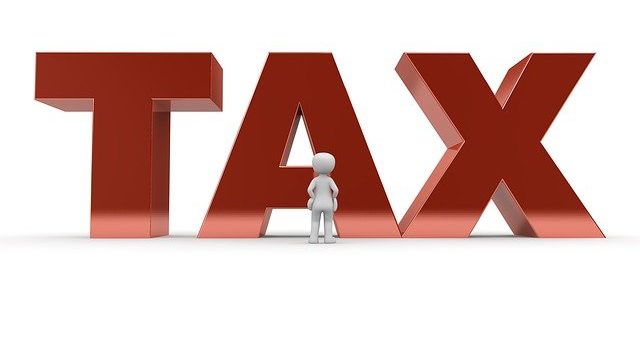Annual Tax Guide – A Guide to 2022 Tax Law Changes (Part 3)
In this 3-part tax guide, we will explore where your tax dollars go, some of the ways tax filing may look different in 2022, and what you can do to prepare. Keep in mind, this guide is for informational purposes only and is not a replacement for real-life advice, so make sure to consult your tax, legal, and accounting professionals before modifying your strategy.
If you missed part 1 (here) or part 2 (here) of this series, check those out first. Part 3 is below.
Preparing (Well-In-Advance) for the Tax Season
Planning well in advance of the tax season may help better prepare you for the unexpected. Here are several reasons to begin planning early:
- Your home, job, or relationships changed in 2021
- You need to start saving money if you may owe taxes
- You want to ensure you qualify for tax deductions
You can make changes throughout the year to ensure that your tax preparations go smoothly.
In particular, you can make periodic assessments of your paycheck withholdings so that you will get a refund or can reduce or eliminate your tax burden.
Read more about Annual Tax Guide – A Guide to 2022 Tax Law Changes (Part 3) …









